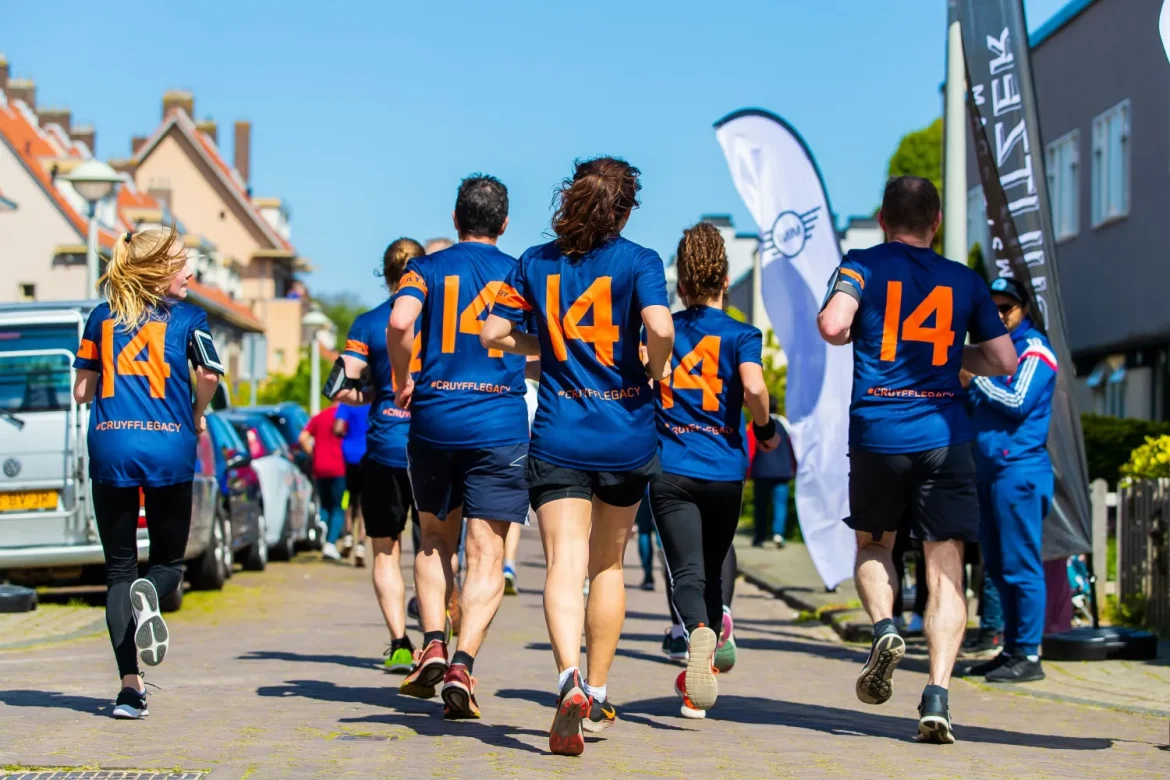Community sport has long played a vital role in British society, offering not only opportunities for physical activity but also fostering social connection and mental wellbeing. From amateur football leagues to local cricket clubs and walking groups, these grassroots initiatives are embedded in the fabric of daily life and contribute meaningfully to individual and community health.
Advertisement
One of the key advantages of community-based sport is accessibility. With a wide range of activities available across towns, cities, and rural areas, people of all ages and skill levels can participate. Many programmes focus on inclusivity, ensuring that financial barriers or physical limitations do not prevent involvement. This accessibility helps strengthen social ties and encourages active lifestyles.
Beyond fitness, local sports clubs provide spaces for community engagement. For young people, participation can build confidence, teamwork skills, and a sense of belonging. For older adults, sport often serves as a form of social support, reducing feelings of isolation and promoting independence. Volunteers, coaches, and local organisers also find purpose in facilitating activities that benefit their communities.

